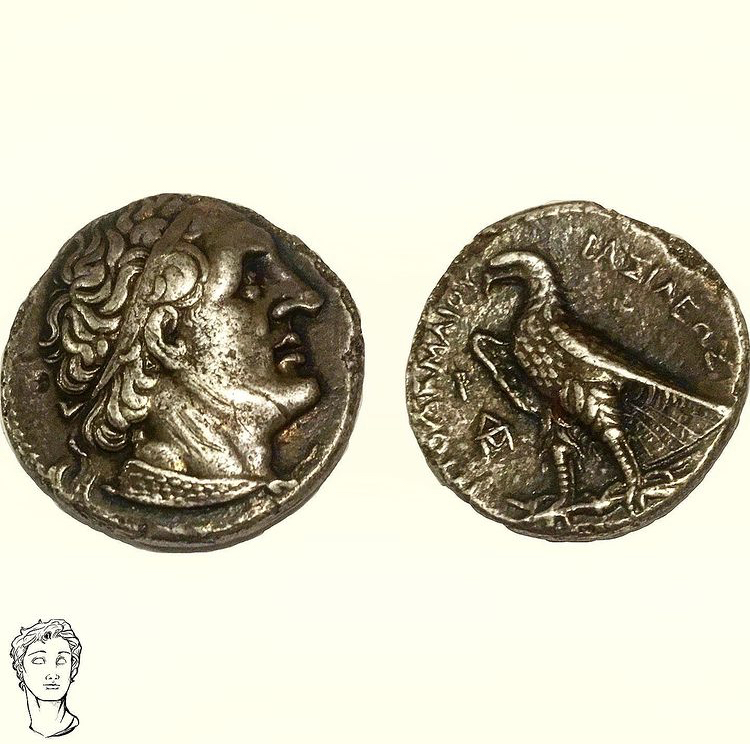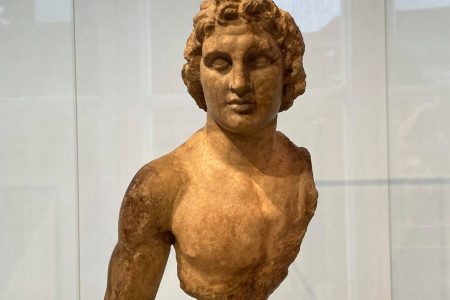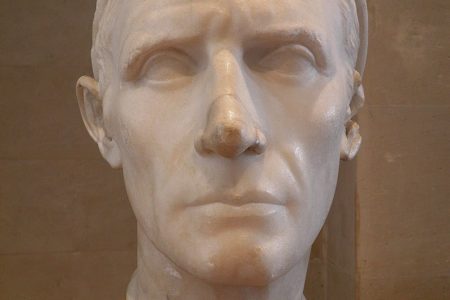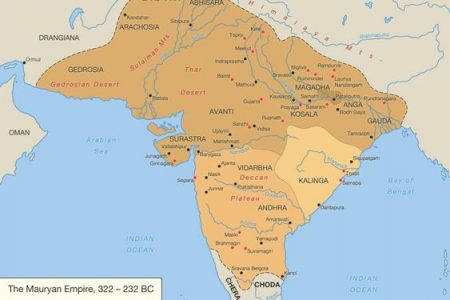The conquests of Alexander the Great should be understated. From 336 to 323 BCE, Alexander would usher in a new era in world history. To aid him in this immense task were his “Companions”. These were Alexander’s closest friends and confidants. Some were childhood friends, others had fought with his father Philip II or gained …








